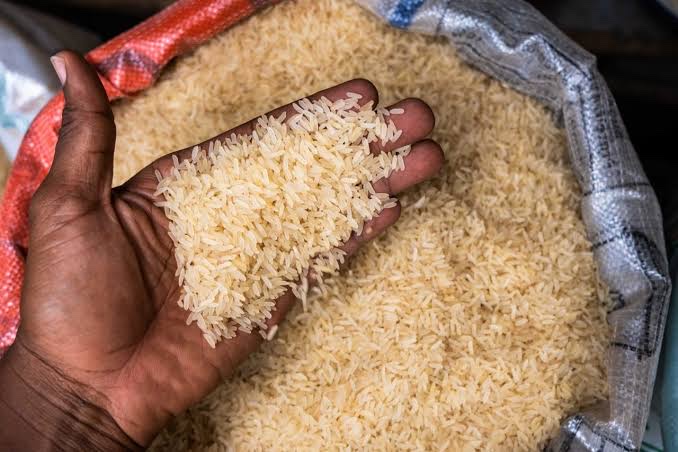Nigeria has received a shipment of 32,000 tons of brown rice from Thailand as the government seeks to alleviate the rising costs of food in the country.
According to a Bloomberg report citing the logistics company that facilitated the shipment, DUCAT, the consignment, the first in a decade, has arrived in Lagos.
The grain from Thailand was shipped after the federal government issued a tariff moratorium on wheat, corn, rice, and other food crops last year, DUCAT added.
“Nigeria has been working hard to find solutions to broaden and strengthen its food supply accessibility,” DUCAT Chief Executive Officer Adrian Beciri said in a statement.
The policy
To combat rising food inflation, the federal government in July last year approved a 150-day duty-free for importing maize, husked brown rice, and wheat, under which it was to import 250,000 metric tonnes of wheat and maize to replenish the strategic grain reserve.
News continues after this ad
Other plans under the policy include setting a Guaranteed Minimum Price (GMP) for commodities, increasing production among smallholder farmers for the 2024/2025 season, and promoting fortified food production.
However, despite the policy’s announcement, food costs have remained high in the country.
While some industry experts had commended the policy, saying it would make essential goods more affordable and stabilize or even reduce inflation, thereby easing the financial strain on households, others were against it citing possible impacts on local producers.
According to some of the arguments against the policy, by making imported goods cheaper, there is a risk that local farmers and producers could face increased competition, potentially harming their market share and profitability during the duty-free period.
However, African Development Bank President Dr. Akinwunmi Adesina criticized the reliance on food imports, arguing it undermines Nigeria’s agricultural policy and economic stability.
One key opposition to this policy is the African Development Bank President Dr. Akinwunmi Adesina, who argued that the reliance on food imports undermines Nigeria’s agricultural policy and economic stability.
Food inflation in Nigeria
Meanwhile, the latest Consumer Price Index (CPI) report from the National Bureau of Statistics (NBS) showed that Abuja and 19 states recorded food inflation rates above 40% in November 2024.
The report highlighted significant increases in food prices across several states, further aggravating the cost-of-living crisis for millions of Nigerians.
According to the NBS report, food inflation has seen a sharp rise, reaching 39.93% in November 2024, up from 32.84% in the same period last year.
Prices for staple foods such as yam, rice, maize, and palm oil have surged, contributing to the increase in food inflation. Other items such as guinea corn, millet, and meat have also seen notable price hikes.


